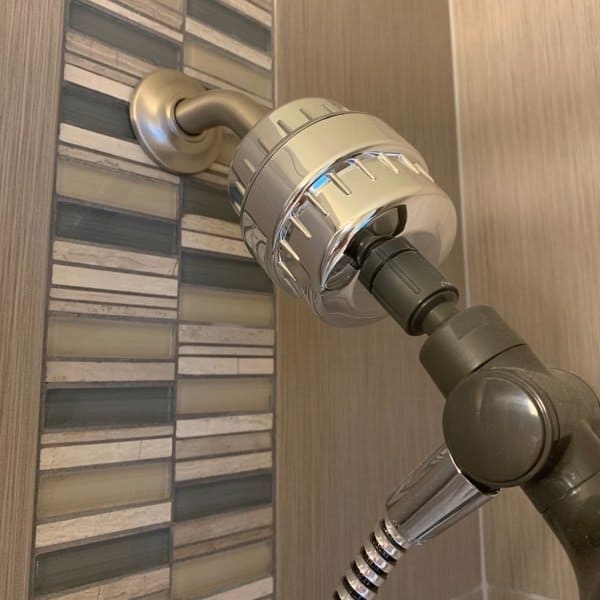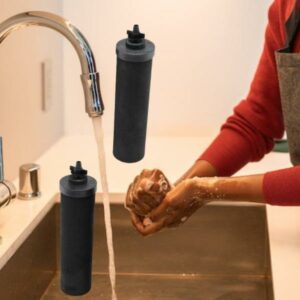How Often Should You Replace Your Shower Filter?
Shower filters are a great way to ensure your shower water is clean and safe. Over time, however, shower filter cartridges can become clogged with dirt and other contaminants, reducing their effectiveness. This raises the question: how often should you replace your shower filter?
It depends on several factors, including the quality of your water supply and how frequently you use your shower. A good rule of thumb is to replace your shower filter every six months.
If you live in an area with hard water or high levels of chlorine, you will likely need to replace your filter more frequently than someone who lives in an area with clean, soft water. Additionally, if you take long showers or have multiple people using the same filter, it may need to be replaced more frequently. Here is a list of the best shower filters that you can go through.
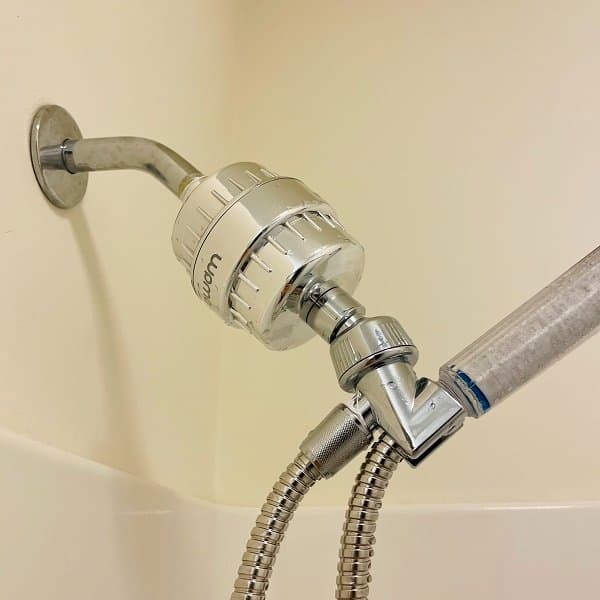
Signs Its Time to Change Your Shower Filter
Over time, even the best-quality filters can become clogged with impurities and minerals in the water supply. This accumulation of contaminants can hurt your showering experience and your health.
- The first sign that it’s time to change your shower head filter is a decrease in water pressure. When contaminants build up within the filtration media, they restrict water flow. As a result, washing off soap or shampoo takes longer than before.
- If you see discoloration in your water when you turn on the tap, your filter needs to be replaced. The rust or sediment in your water indicates that these particles are making their way past the filter and into your home.
- One more apparent sign that it’s time to change your showerhead filter is when you start noticing changes in your skin and hair. If you have started developing dry skin or eczema-like rashes or if your hair has become brittle and lifeless despite using the same products, it could be due to a clogged or exhausted shower filter.
How to Replace Your Shower Filter (Step-by-step)
Replacing your shower filter is an essential task every homeowner must undertake to ensure the water you use for bathing stays clean and healthy. Most shower filters eliminate chlorine, bacteria, and other harmful substances that can cause skin irritation, dryness, and allergies. Fortunately, replacing a shower filter is easier than you might think.
- Firstly, identify the shower filter you use; it can be either a screw-on or snap-on type.
- If it’s a screw-on type, use a wrench to twist it counterclockwise until it loosens off the fixture. For snap-on types, locate the grooves on both sides of the cartridge and press them inward towards each other while pulling down firmly to remove them.
- Then carefully remove the old cartridge and dispose of it properly. It’s important to note that some cartridges may contain hazardous materials such as lead or mercury, so follow proper disposal guidelines.
- Next, install the new shower filter cartridge by twisting or snapping it into place.
- Once you have done this, turn the water supply back on and check for leaks by turning on the shower.
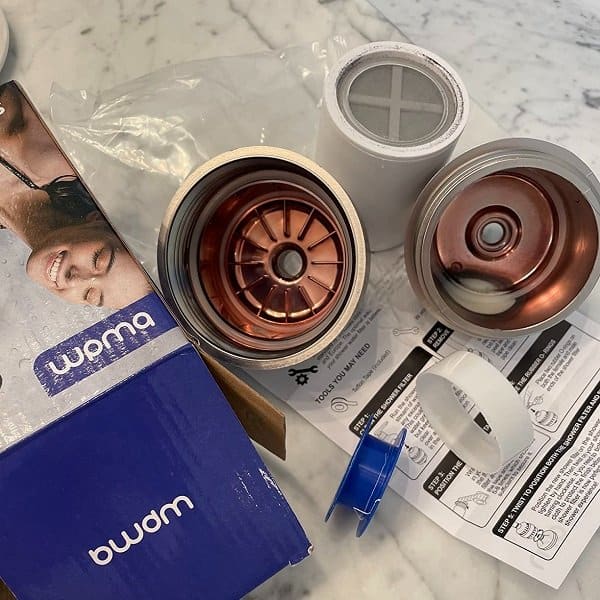
Factors That Affect the Service Life of Your Shower Filter
A shower filter can be a lifesaver in protecting your skin and hair from the harmful effects of chlorine and other chemicals in tap water. However, just like any other tool, it has a limited lifespan that can be affected by several factors. Here are some key factors that affect the service life of your water filters.
Water Quality
One factor that affects the service life of your shower filter is water quality. Your filter must work harder to purify the water if you live in an area with hard water or high chlorine levels and other contaminants. Over time, this can cause wear and tear on the filter’s components and reduce lifespan.
Additionally, using hot or warm water in your showers can shorten the lifespan of your filter since higher temperatures can cause mineral buildup.
Water Usage
The amount and frequency of use can significantly impact how long your shower filter lasts and how well it performs. The more often you use your shower, the quicker the filter will become saturated with impurities such as chlorine, bacteria, and other contaminants. This can cause a significant drop in filtration effectiveness over time, leading to poor water quality and reduced benefits for your skin and hair.
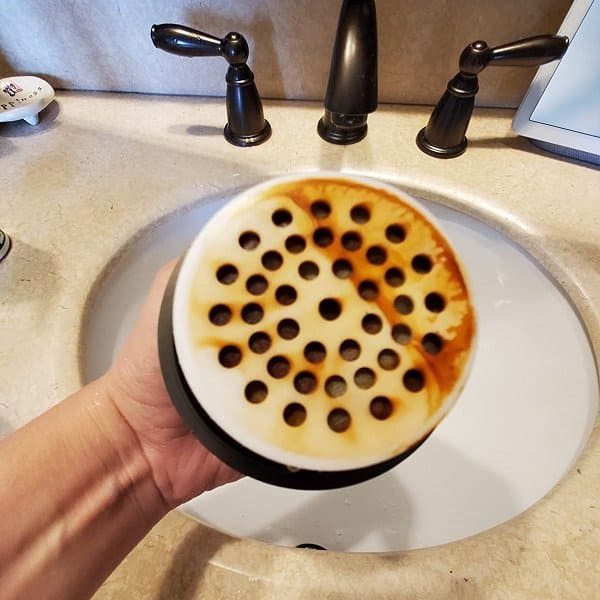
How to Extend the Life of Your Shower Filter?
Investing in a quality water filter is a great option if you’re looking for a way to improve your shower experience while reducing the amount of chlorine, sulfur, and other chemicals in your water. However, knowing how to properly care for and maintain your filter to last as long as possible is important. Here are some tips on how to extend the life of your shower filter:
1. Clean the filter regularly: Over time, debris and minerals can build up inside the filter cartridge, reducing its effectiveness. To prevent this from happening, make sure to clean the filter regularly by removing it from the showerhead and gently scrubbing it with a soft brush.
2. Replace cartridges as needed: Most filters come with replaceable cartridges that must be changed every few months or so, depending on usage levels.
3. Rinse the filter under running water: To extend the life of your shower filter, simply rinse it under running water after each use.
Conclusion
Shower filters should be regularly changed to prevent the build-up of dirt and sediment. Depending on your filter type, they should be changed every six months or more frequently. To ensure your filter is doing its job, consider investing in a high-quality filter with a longer life span. Additionally, to extend the lifespan of your filter, you can also use a whole-house water softener to soften your water.
